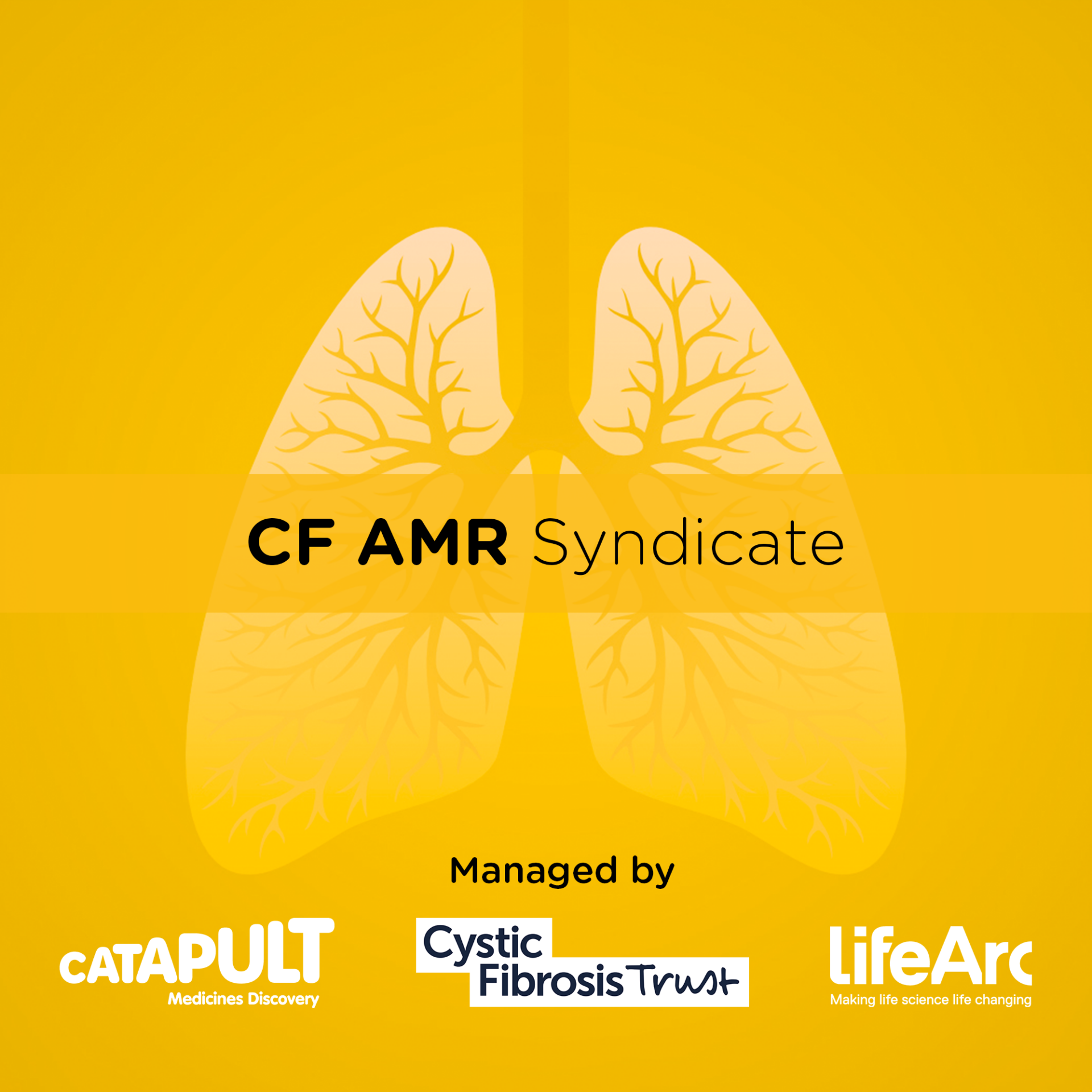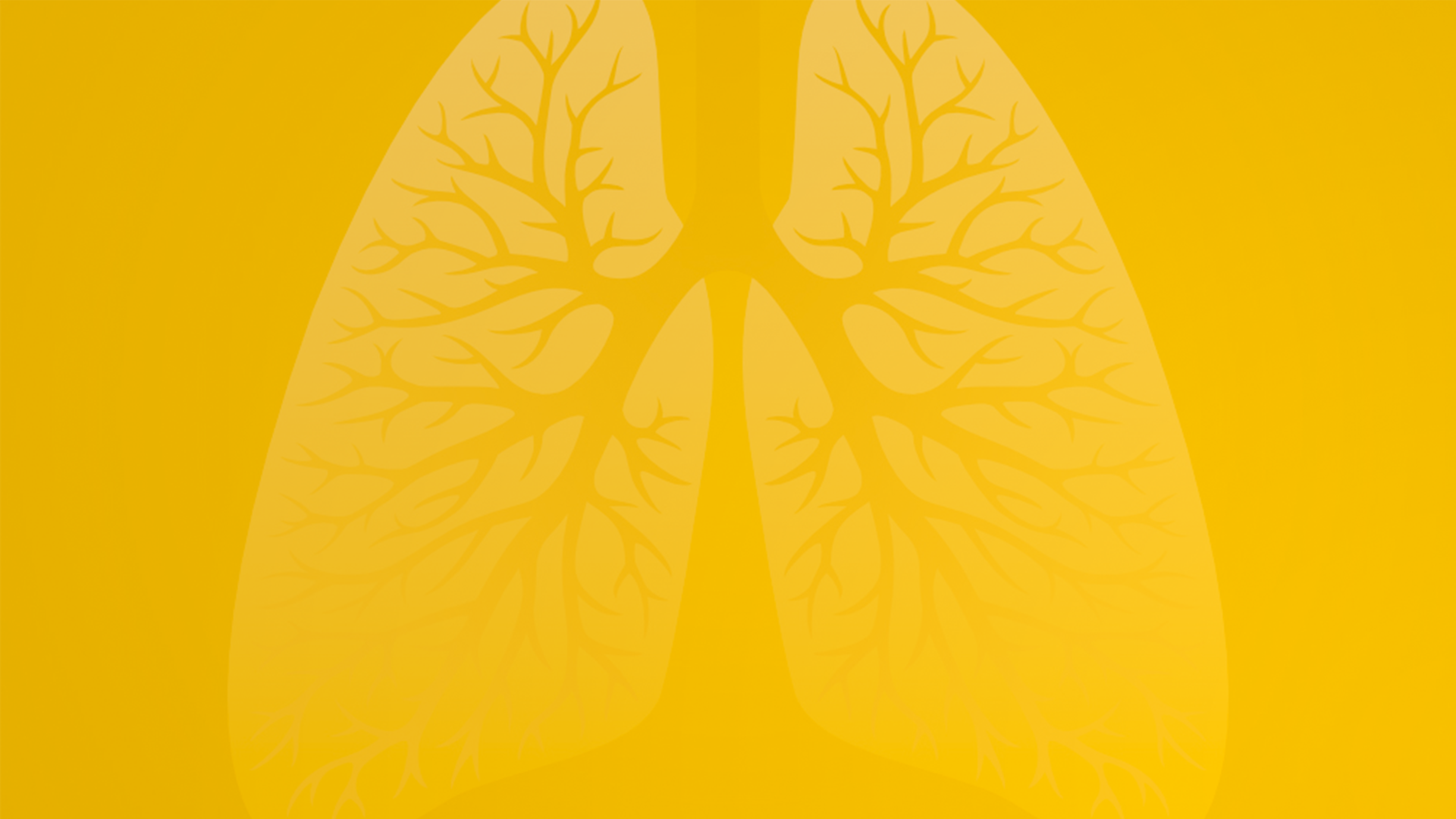
It affects over 162,000 people worldwide
And 10,900 people in the UK
People with CF experience a build-up of thick sticky mucus in the lungs, digestive system and other organs, causing a wide range of challenging symptoms affecting the entire body.
People with CF are susceptible to lung infections, which can be hard to detect and treat, as some infections are becoming resistant to antimicrobial medicines.
Many different types of bugs cause lung infections. While they are often harmless to people who don’t have CF, they can be a serious problem for people with CF.


Ground-breaking treatment, known as triple-modulator therapy, is now available to help people manage their condition.
However, this treatment is not suitable for everyone and lung infections are still a problem for many.
People with CF are routinely treated with oral and inhaled antibiotics, which are necessary for two reasons:
They help to manage acute pulmonary flare-ups, known as exacerbations
In the long term, they help to suppress the growth of bacteria in the lungs

It is a continual race to develop new antimicrobial approaches where bacteria find it harder to develop resistance, and that can combat newly resistant strains.
Discovering new antimicrobials to treat the infections associated with CF is an urgent, unmet need.
These barriers affect how quickly innovators can develop and translate their research to the clinic.
Cystic Fibrosis antimicrobial development is challenging.
Here are some reasons why:
It can be difficult for drug developers to access insights from people with CF and therefore understand their needs for future treatments
In CF, different clinical needs need to be targeted: eradication of infection, management of pulmonary exacerbations, and suppression of chronic infection
New approaches to tackle the newly emerging resistant bugs are being discovered but the path to develop them into medicines is unprecedented
The preclinical landscape for CF antimicrobials is rapidly evolving, with a lack of guidance and preclinical models that can accurately predict the clinical effect
Researchers face difficulties accessing relevant samples on which to test and develop promising antimicrobial and diagnostic programmes
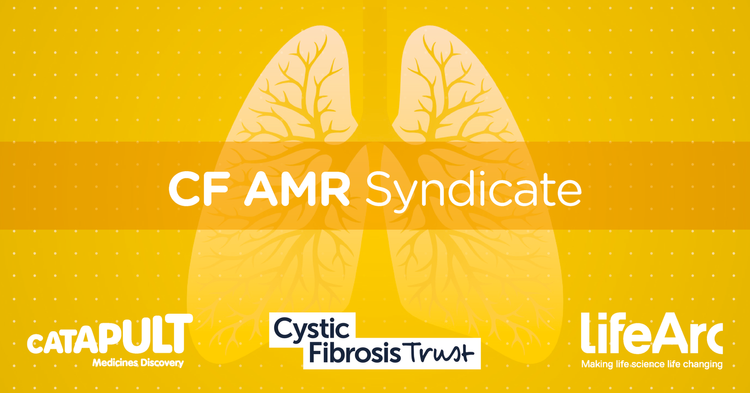
The aim of the CF AMR Syndicate is clear...

Partnership Lead for Infectious Disease
Medicines Discovery Catapult
“LifeArc, Cystic Fibrosis Trust and MDC have an aligned vision of lifting the limits of medicines R&D, accelerating the development of CF antimicrobials and diagnostics, and speeding up new treatments for people with CF. By bringing the CF research community together with people with the condition, we have identified barriers to the discovery of medicines and built a programme to overcome them.
“By nurturing research, academic translation and industrial commercialisation in this area, we are collaboratively fuelling the acceleration of much-needed new treatments and diagnostics to tackle AMR in CF.”
The CF AMR Syndicate’s research agenda has been informed by extensive efforts to understand the research landscape and the needs of the CF infection research community.
To accelerate CF antimicrobial drug discovery and development, the Syndicate has catalysed collaborative R&D to build a suite of enabling tools and resources, including:
The UK CF Infection Biorepository (UKCFIB), a consortia of nine entities, which enables access to high-quality samples and data, including CF-relevant strains and isolates
PIPE-CF, led by Dr Jo Fothergill from University of Liverpool, is a global consortia comprised of nine entities. Jointly funded by The Cystic Fibrosis Trust and the Cystic Fibrosis Foundation, this Strategic Research Centre is focused on developing an evidence-based preclinical framework for the development of novel antimicrobials in CF.
Patient-focused Target Product Profiles (TPPs) for CF-related infections, which provide guidance in CF antimicrobial and diagnostic discovery and development to innovators in industry and academia
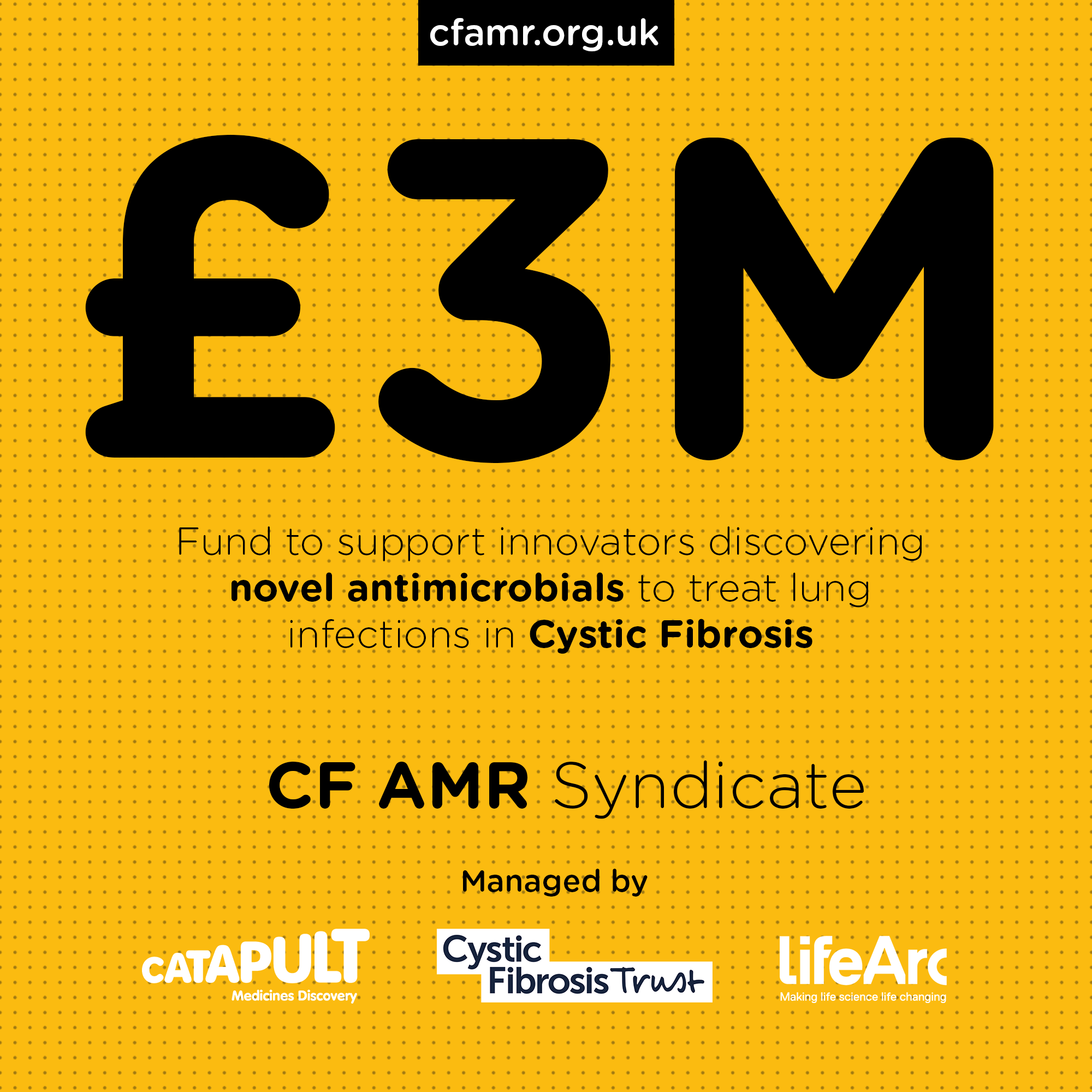

Chronic Respiratory Infection Translational Challenge Lead
LifeArc
“The funding call is part of LifeArc’s £100m programme to accelerate scientific innovation for people living with CF and bronchiectasis. Working with MDC and the Cystic Fibrosis Trust, we aim to deliver new therapies to end the vicious cycle of infection, inflammation and permanent lung damage for people living with CF.”
As a strategic partnership focused on this urgent, unmet need, the CF AMR Syndicate will continue to drive a pipeline of therapeutics and diagnostics through a collaborative drug discovery programme.
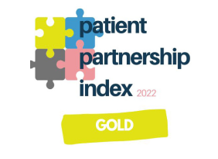
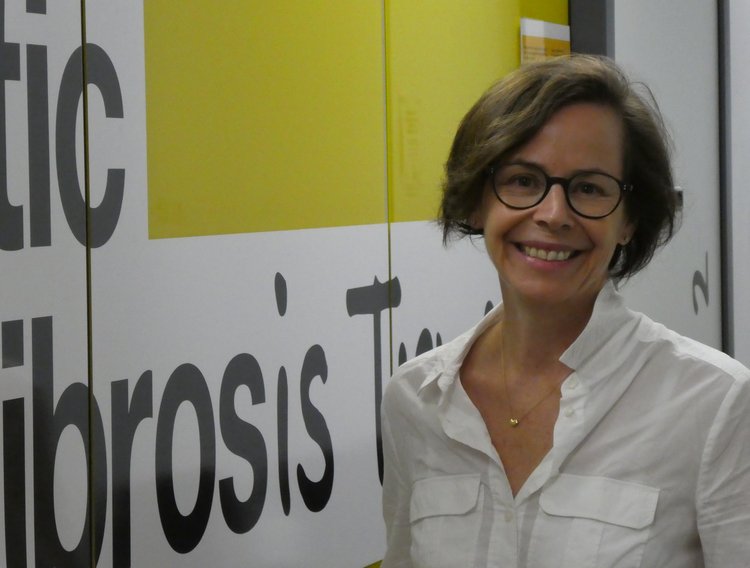
Head of Research
Cystic Fibrosis Trust
“The CF AMR Syndicate works very closely with the CF community to truly understand the needs and priorities of people with CF. Their insights are at the centre of everything we do and help form our research agenda. Together, we will accelerate the development of new, urgently needed microbials.”
Anyone working in or interested in CF infection research can sign up to join the CF AMR Syndicate Network for free.
This includes people with CF and people from academia, NHS, industry, government and charity.
The network is open globally for anyone to join, and events are organised for, and in collaboration with, the CF AMR community on topics aimed at advancing the field.
The Syndicate aims to spark new collaboration so that, together as a community, we can bring new medicines to people who need them.
